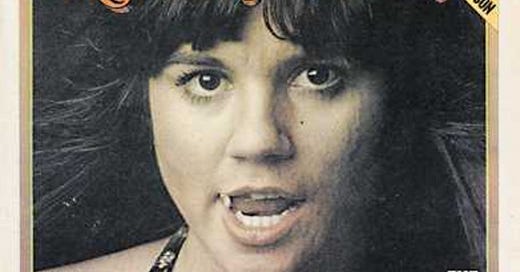When I was a skinny-legged teenager, I would earn money babysitting or hustling chips & gravy, and then head down to the bus station/smokeshop-diner in my small town in southern Ontario and buy magazines. Other kids read the Archie comics, the DC and Marvel heroes. My heroes were workers and artists. I plunked my $10 (or so) down for Ms. and Rolling Sto…
Keep reading with a 7-day free trial
Subscribe to Wanderland to keep reading this post and get 7 days of free access to the full post archives.



